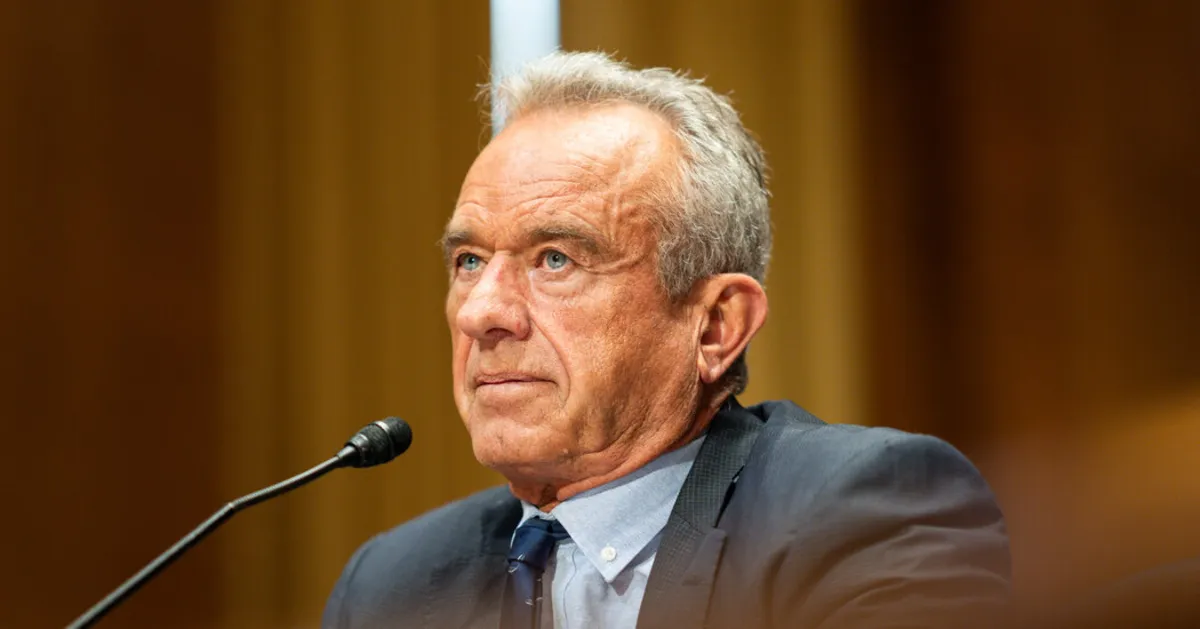
In recent weeks, Health Secretary Robert F. Kennedy Jr. has made several high-profile moves, yet the release of a new report from the “Make America Healthy Again” (MAHA) commission he leads went largely unnoticed. The report, which outlines strategies to combat childhood chronic disease, arrived amidst a backdrop of turmoil within the nation's public health framework. This report was released on Tuesday, coinciding with a time when Mr. Kennedy's leadership has been characterized by significant controversy.
The release of the White House commission report comes just days after Mr. Kennedy appeared before the Senate Finance Committee in a tense hearing and approximately two weeks following his decision to remove the director of the Centers for Disease Control and Prevention (CDC). A draft of this report was previously obtained by The New York Times in August, and the final version reflects minimal changes. However, it struggles to articulate a clear path for the government to implement its recommendations.
In the report, Mr. Kennedy reiterates his familiar themes: American children are increasingly sick, stressed, and screen-addicted. He attributes these issues to the influence of corporate interests and the over-reliance on prescription medications. This document serves as a crucial statement on how the administration intends to navigate the goals of the MAHA movement. Despite the consistent messaging, the report is likely to leave some supporters of Mr. Kennedy's coalition feeling disillusioned.
The report reflects both the aspirations and the limitations of Mr. Kennedy's health agenda. Notably absent are direct calls for restrictions on pesticides and ultra-processed foods, which Mr. Kennedy has previously identified as significant threats to public health. Instead, the strategy leans toward collaboration with the food and agriculture industries, proposing government support for precision agricultural techniques aimed at reducing pesticide use, rather than confrontation.
Following the draft's release, some members of the MAHA movement expressed their frustration, viewing the report as a sign of Mr. Kennedy's concessions to these powerful industries. The reaction underscores the need for the administration to balance its ambitious health goals with the realities of working within established sectors. The ongoing discussions about childhood health and the role of industry will be critical as the administration seeks to advance its public health agenda.
As the situation unfolds, it remains to be seen how the MAHA report will influence public health policy and whether it will satisfy the expectations of its advocates. The effectiveness of Mr. Kennedy's strategies to address childhood chronic diseases will undoubtedly be scrutinized in the coming months.